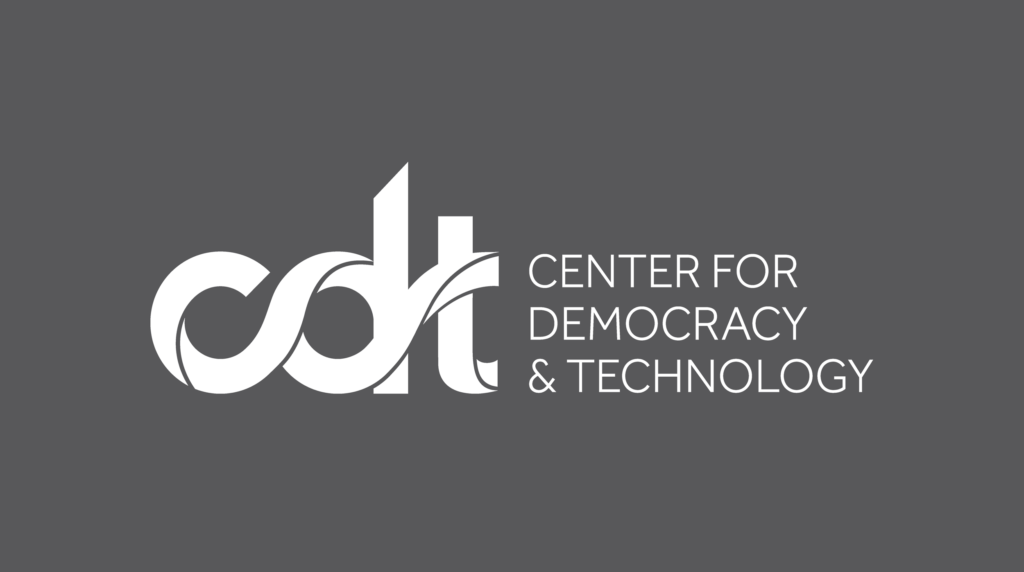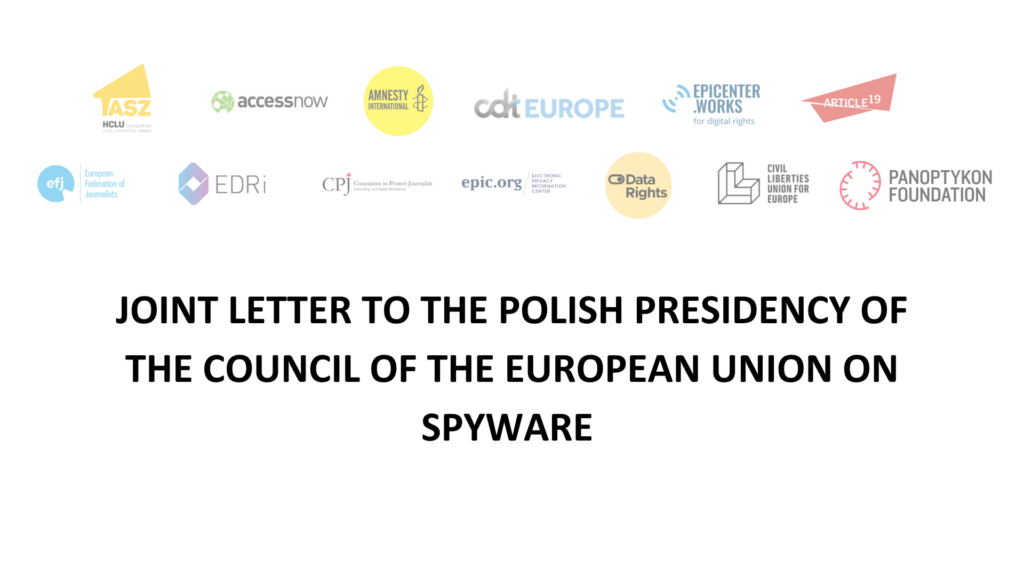
Security & Surveillance
Governments and law enforcement often deploy new technologies for crime prevention and investigation, but these tools are frequently misused, leading to human rights violations, unlawful and unwarranted surveillance, as well as disproportionate harm to innocent people. Law enforcement must uphold fundamental rights in all aspects of digital investigations, ensuring that security measures do not come at the expense of privacy, freedom of expression, and other core democratic principles.
The Security, Surveillance and Human Rights Programme advocates for people’s personal data to remain secure and for people to be free from illegal surveillance, through government accountability and adequate checks and balances.
Issues & Topics
Just as law enforcement cannot enter a person’s home without legal justification, digital investigations must also be subject to strict limits and oversight. Allowing authorities unchecked access to personal data is akin to giving them a master key to private homes, exposing individuals to unwarranted surveillance and potential abuse.
In recent years EU governments have been illegally using spyware against their citizens, politicians and opposition leaders, journalists and human rights defenders. These invasive tools provide governments/law enforcement unrestricted access to all information stored in a personal device and allows authorities to monitor private communications, track movements, and even turn personal devices into surveillance tools, effectively placing individuals under constant watch without their knowledge or consent. Such surveillance is not only illegal and unjustified but is also systematically used to suppress freedom of expression, political dissent, and independent journalism, threatening democracy and the rule of law.
The EU must take urgent action to curb these abuses by working with civil society to establish robust legal guardrails and enforce accountability for states that misuse surveillance technologies. Ensuring that law enforcement and intelligence agencies operate within strict legal and ethical boundaries is critical to preserving human rights and democratic freedoms in the digital age.
Actions & Objectives
The programme advocates for strong privacy protections to:
-
Ensure individuals’ personal information is secure from unwarranted and disproportionate government surveillance and law enforcement overreach, particularly in the context of national security and public order measures.
-
Promote government accountability and robust checks and balances to safeguard fundamental rights in online spaces.
-
Ensure the development, use and protection of strong encryption technologies to safeguard communications and data from unauthorised access, including disproportionate surveillance on grounds of national security.
Policy Priorities
-
Strengthening spyware regulation to prevent abuse and protect fundamental rights.
-
Ensuring a rights-compliant data retention framework that safeguards privacy.
-
Promoting encryption as a key tool for secure and private communications.
Relevant Legislative Files
-
Child Sexual Abuse Regulation
-
Transatlantic data flows under the the EU-US Data Privacy Framework
-
Dual Use Export Controls Regulation
Meet the Team


Policy and Research Officer, Security, Surveillance and Human Rights Programme, CDT Europe





